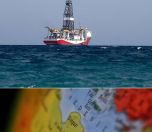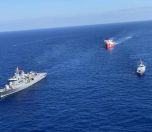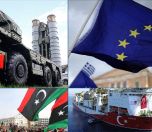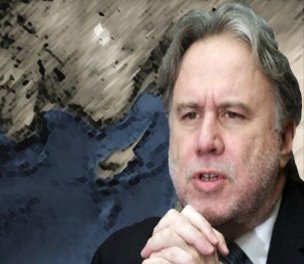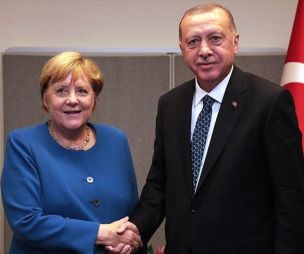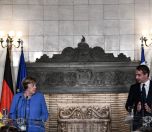* Photo: Ministry of Foreign Affairs
Click to read the article in Turkish
Following an interval for five years, Turkey and Greece held the 61st round of exploratory talks in İstanbul yesterday (January 25).
As reported by the state-run Anadolu Agency (AA) in reference to the diplomatic sources, the delegations of Turkey and Greece discussed recent developments, possible steps and current situation.
With several key issues dividing the neighboring countries, the first round of talks between the countries in nearly five years concluded on Monday.
In the talks in İstanbul, top officials from Turkey and Greece evaluated the issues from previous rounds as well as the current situation, recent developments, and possible steps to be taken, said the sources, who asked not to be named due to restrictions on speaking the media.
The parties agreed that Athens, the capital of Greece, would host the next round of exploratory talks between Turkey and Greece.
On Twitter, Turkey's Presidential Spokesperson İbrahim Kalın has underlined the importance of regional peace and stability.
"Under the strong leadership of our president, it is possible to solve all problems, including the Aegean, and we have the full will for this," he has said. "Regional peace and stability is in everyone's interest."
Last talks were held in March 2016
The 60th round of talks, the last of the exploratory talks initiated between the two countries in 2002, took place in Athens in March 2016. After the 60th round of talks in March 2016, Athens suspended the meetings.
Afterward, bilateral negotiations continued in the form of political consultations but did not return to an exploratory framework.
The talks are expected to focus on bilateral disputes, including maritime boundaries and drilling rights in the region.
Turkey has rejected the maritime boundary claims of Greece and the Greek Cypriot administration in the region, stressing that these claims violate the sovereign rights of both Turkey and Northern Cyprus.
Ankara last year sent several drillships to explore for energy in the Eastern Mediterranean, which caused tension especially with Greece. (EKN/SD)




.jpg)
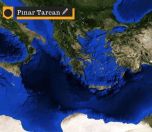
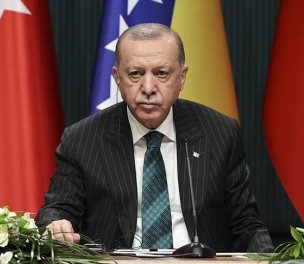
sa.jpg)
